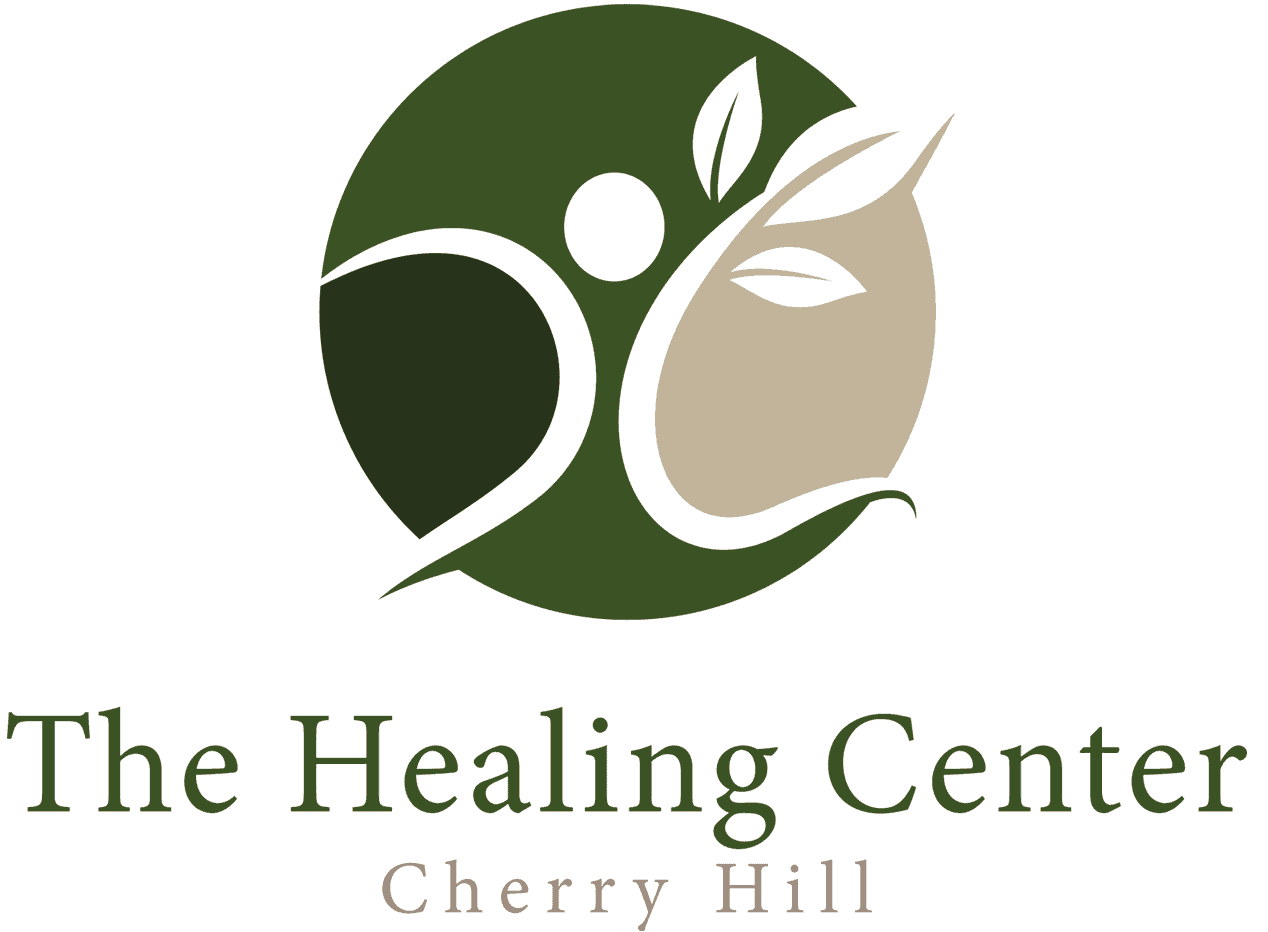Addiction is a profound journey that not only affects the individual but also ripples through the fabric of their relationships. Rebuilding connections after addiction can be a complex and challenging process, but it’s one that holds immense potential for growth, healing, and renewal.
Acknowledging the Impact
The first step in rebuilding relationships after addiction is acknowledging the impact that addiction has had on both parties involved. Addiction doesn’t just affect the individual struggling with it; it also impacts their loved ones, causing pain, mistrust, and broken bonds. Recognizing and validating these feelings is crucial for laying the foundation for healing.
Open and Honest Communication
Effective communication is the cornerstone of any healthy relationship, especially when navigating the aftermath of addiction. It’s essential to create a safe space where both parties can openly express their thoughts, feelings, and concerns without fear of judgment or reprisal. This requires honesty, vulnerability, and active listening from both sides.
Setting Boundaries
Rebuilding relationships after addiction often requires establishing clear and healthy boundaries. Boundaries help to create structure, foster trust, and protect both parties from potential harm. Setting boundaries may involve limiting certain behaviors, establishing consequences for violations, or creating agreements about what is and isn’t acceptable within the relationship.
Rebuilding Trust
Trust is fragile, and rebuilding it after addiction takes time, effort, and consistency. Trust is not only about keeping promises but also about demonstrating reliability, honesty, and accountability in words and actions. It requires patience, understanding, and a willingness to forgive past transgressions while also setting realistic expectations for the future.
Seeking Support
Rebuilding relationships after addiction can be a daunting task, and it’s essential not to go it alone. Seeking support from friends, family, support groups, or a therapist can provide invaluable guidance, perspective, and encouragement along the way. These support systems can offer insights, tools, and resources to navigate the challenges of rebuilding relationships after addiction successfully.
Self-Care and Personal Growth
Recovery is a journey of self-discovery and personal growth, and rebuilding relationships after addiction is no exception. Taking care of oneself physically, emotionally, and spiritually is essential for fostering resilience, maintaining boundaries, and showing up fully in relationships. This may involve practicing self-care activities, pursuing hobbies and interests, or engaging in therapy or counseling to address underlying issues contributing to addiction.
Cultivating Empathy and Compassion
Addiction can strain relationships and test the patience and compassion of both parties involved. Cultivating empathy and compassion is essential for fostering understanding, healing, and reconciliation. This involves putting oneself in the other person’s shoes, acknowledging their pain and struggles, and showing kindness and empathy towards their journey.
Forgiveness and Letting Go
Forgiveness is a powerful tool for healing and releasing the grip of past hurts and resentments. Forgiveness doesn’t mean forgetting or condoning past actions but rather choosing to let go of the anger, bitterness, and resentment that may be holding you back. It’s a process of freeing oneself from the burden of carrying around old wounds and allowing space for healing and growth to occur.
Celebrating Progress
Rebuilding relationships after addiction is a journey filled with ups and downs, victories and setbacks. It’s essential to celebrate the progress made along the way, no matter how small. Each step forward, each moment of connection, and each act of courage is a cause for celebration and a testament to the resilience and strength of both parties involved.
Embracing Imperfection
Rebuilding relationships after addiction is not a linear process, and there will inevitably be challenges and obstacles along the way. It’s essential to embrace imperfection, both in oneself and in the relationship, and to approach the journey with patience, compassion, and a willingness to learn and grow together.
In conclusion, rebuilding relationships after addiction is a profound and transformative journey that requires patience, commitment, and a willingness to heal and grow together. By acknowledging the impact of addiction, fostering open and honest communication, setting healthy boundaries, rebuilding trust, seeking support, practicing self-care, cultivating empathy and compassion, embracing forgiveness, celebrating progress, and embracing imperfection, it is possible to rebuild relationships that are stronger, deeper, and more resilient than ever before.
Get Help Rebuilding Relationships After Addiction in New Jersey
Addiction and alcoholism cause an enormous impact on the families of the loved ones that are struggling. This can make rebuilding relationships after addiction difficult. Thankfully, drug rehabs in Cherry Hill NJ have programs specifically designed to assist families reunite and heal. Here at The Healing Center our team of clinical therapists understands the importance of family support in the recovery process. Furthermore, they help family members navigate their fears and resentments surrounding their loved one’s choices.
Recovery from addiction is a process that involves the entire family. Thus, getting professional support for everyone involved is extremely important. Our team at The Healing Center is here to help you start rebuilding relationships after addiction. Contact us today to learn more about our family oriented addiction treatment programs in Cherry Hill, NJ.







